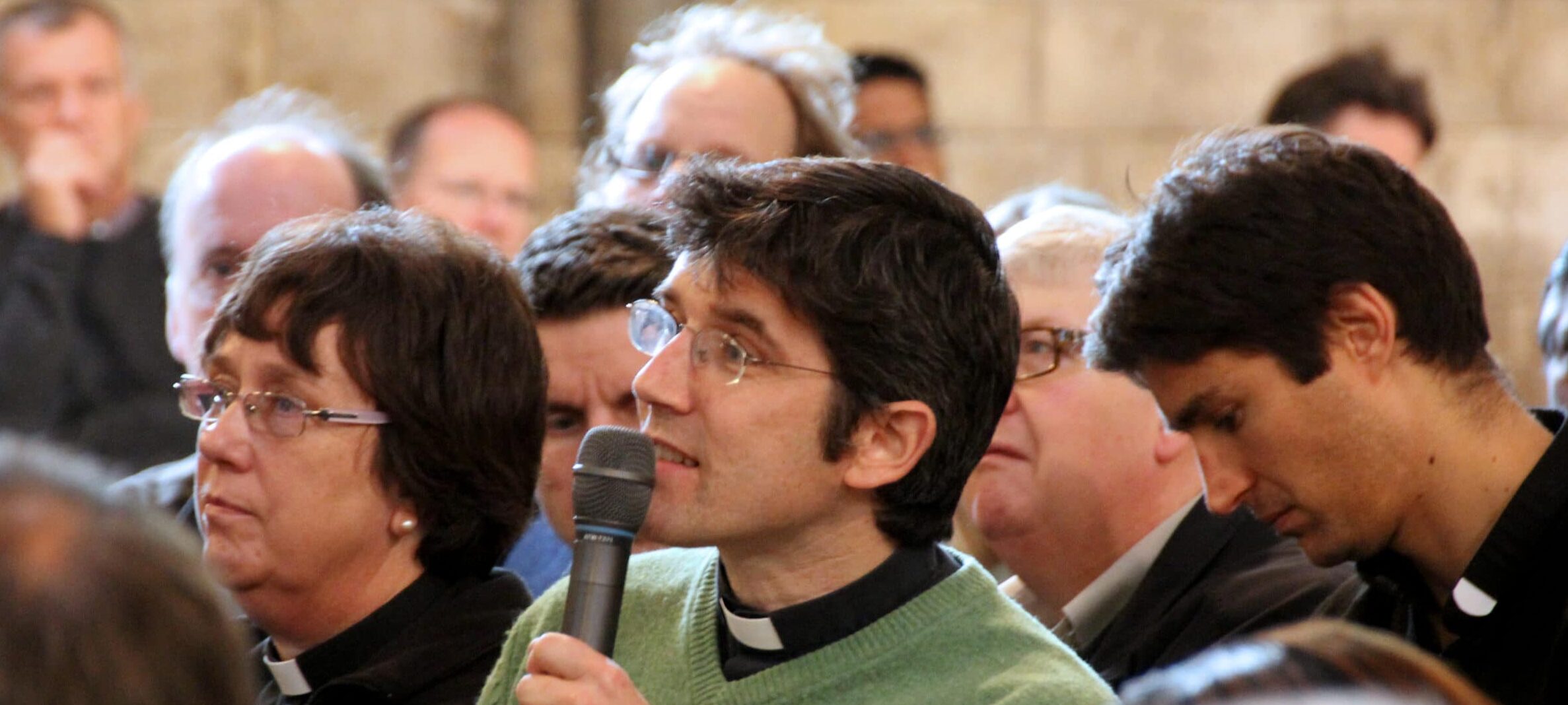Having worked with a Director of Ordinands for between nine and 18 months, a candidate may be recommended to proceed to the final part of the Diocesan process, which is to meet with one of the Bishop’s Examining Chaplains and the candidate’s Area Bishop.
On the basis of their reports, together with the advice of the candidate’s Director of Ordinands, the Diocesan Bishop will make a decision as to whether to sponsor the candidate for the national discernment process, known as a Stage 2 selection panel (candidates will have attended a Stage 1 panel earlier in the process).
Stage 2 Panel
The new national selection process has been rolled out and this involves two stages: the first a day-long series of short interviews; the second a residential event, including interviews and some group exercises and written exercises. The panel will ultimately make a recommendation to the Diocesan Bishop as to your readiness for training; the Bishop will then decide whether or not to accept the Panel’s advice and whether you may move forward to the next phase.
The Stage 2 panel will look broadly at the following qualities when deciding whether to recommend that you go forward with your training:
- love for God
- call to ministry
- love for people
- wisdom
- fruitfulness
- potential
After the Stage 2 panel
Once a candidate has been recommended for training, they will normally proceed to begin training at a theological training institution, whether residentially or locally. This phase of training is formally known as IME Phase 1. You can find information about this phase on the Vocations training page.



